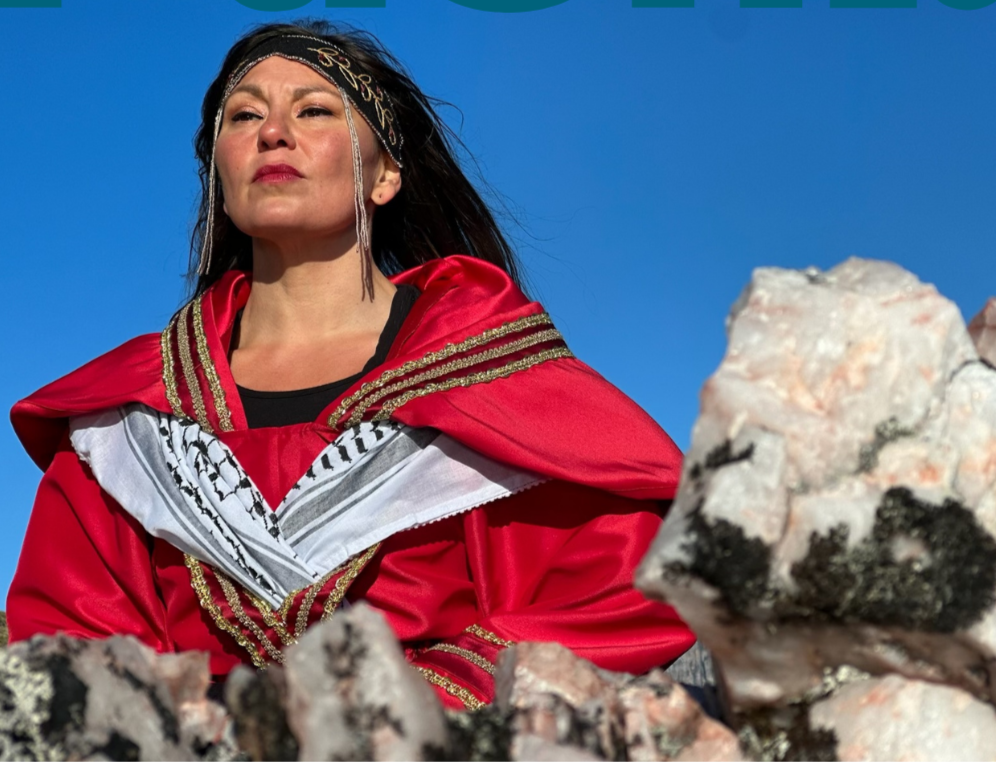Indigenous Tourism Association of Canada fears industry collapse following federal government’s 2021 budget
ITAC is urging the Government of Canada to support Indigenous-led solutions, increase funding in response to devastating effects of COVID-19
Ocean House. Photo courtesy ITAC
Prior to COVID-19, Indigenous tourism was one of the fastest growing tourism sectors in Canada. Since the onset of the pandemic, the industry has lost half of its businesses and a third of its workforce, according to the Indigenous Tourism Association of Canada.
The organization says that without changes to the Budget 2021: A Recovery Plan for Jobs, Growth, and Resilience, the sector could face collapse.
ITAC is requesting increase in funding to keep Indigenous businesses afloat and has asked for Indigenous tourism to be recognized as a separate sector within the overall tourism industry.
It’s also asking for an Indigenous-led approach to recovery. The current aid measures are rooted in a lack of cultural understanding, says ITAC CEO and president Keith Henry.
For instance, many businesses were not able to access the support provided through mainstream relief programs. Applications are lengthy, rife with corporate jargon and complicated business processes, and challenging even for Indigenous tourism experts to navigate, at a time when millions of Canadians are trying to access the same supports at once, Henry noted in a release.
Also, many Indigenous business operators only speak either English or French as a second language, making it even more complicated to understand the applications, and they often have poor phone and internet connections due to the lack of infrastructure in their communities.
“Because of systemic racism and limited access to vital resources, Indigenous People in Canada do not have historic relationships with mainstream banking institutions and, therefore, need the funding to be disseminated through the National Aboriginal Capital Corporations (NACCA) and ITAC to ensure proper disbursement and access to critical funding,” Henry said. “ITAC will continue to advocate heavily for Indigenous-led solutions in order to ensure the survival of the Indigenous tourism industry. It is time for the federal government to listen to Indigenous people about what they need, not decide for them. Now is the time for reconciliation.”
ITAC provides administrative, marketing, training and financial support 1,000 Indigenous tourism businesses from coast to coast to coast.
Prior to March 2020, there were 1,900 such ventures.
Keith Henry, a Métis person, is president and CEO of ITAC.
Following the onset of the pandemic, just eight percent of Indigenous tourism businesses surveyed by ITAC accessed the Canadian Emergency Benefit Account (CEBA). Seven percent accessed the Canadian Emergency Wage Subsidy (CEWS) and 0.02 percent accessed the Canadian Emergency Rent Subsidy (CERS).
After the closures of hundreds of Indigenous businesses last year, ITAC says the federal government provided directed financial support for it to distribute, which helped stabilize 683 Indigenous tourism businesses across the country. With more directed funding, ITAC says it would be able to continue their support of the businesses they are currently working with and expand to those that are still in need but previously weren’t eligible.
ITAC’s $50 million Strategic Recovery Plan asked for a four-year commitment to ensure the stability of the sector, while it proposed a COVID-19 Second Wave Response ($18.3 million for emergency relief).
The organization was “shocked” to find that Indigenous Services Canada recommended that $2.4 million be allocated to ITAC, a 20 percent reduction in core funding year-over-year, with a commitment to one year of support.
“It’s so shocking to me that governments in New Zealand, Australia and the United States are all increasing investment into their Indigenous Tourism yet our government is decreasing ours,” Henry said in a release. “Previously, Canada led the world in our development of Indigenous tourism experiences; we not only raised the bar, but set it. It’s a shame and a pity that we’re falling behind. It will be nearly impossible to get back on top after this giant step back, which is the equivalent of losing 30 years of progress and development.”
For more information, see ITAC.














